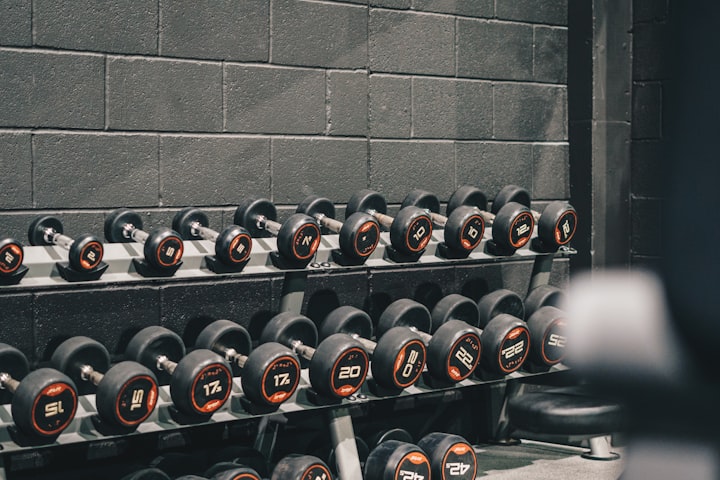There May Be Health Risks Associated with Using a Nightlight while Sleeping
Even short periods of exposure to even low levels of ambient light may have negative impacts on health. While some people are able to get a good night's rest even with the television or a light on, others require total darkness in order to fall asleep.

Even mild exposure to ambient light may have detrimental effects on health.
Some people can get a decent night's rest with the TV or a light on, but others need complete darkness. However, it's important to note that it's not always okay to choose a bright room when it's time to sleep. A recent study suggests that doing so may pose significant health risks.
Twenty college students were observed by the researchers at Northwestern University.
Participants in the study were randomly assigned to one of two sleeping environments. On the first night, one set of people slept in a dark room, and on the second night, they slept in a room with bright lights above their heads. The control group was subjected to two nights of reduced illumination. In a word, the findings are mind-blowing.
The researchers found that those who slept with overhead lighting had greater levels of insulin resistance. Insulin resistance occurs when the body stops responding to insulin, the hormone that lets glucose enter cells and reduces the amount that enters the bloodstream. Additionally, participants' heart rates were significantly elevated. These results suggest that sleeping in brightly lit environments may increase your chance of developing cardiovascular disease and diabetes due to disruptions in your body's management of glucose.
The study's senior author, Phyllis C. Zee, M.D., Ph.D., Director of the Center for Circadian and Sleep Medicine and Chief of Sleep Medicine at Northwestern University Feinberg School of Medicine, said in a press release that even one night of exposure to moderate room lighting during sleep can impair glucose and cardiovascular regulation, which are risk factors for heart disease, diabetes, and metabolic syndrome.
The findings of this study may come as a shock to individuals
who frequently fall asleep with the television on, but they are consistent with other research on the physiological effects of light. According to research published in Behavioral Brain Research in 2014, exposure to midday light can boost attentiveness, which is fantastic during the day but not ideal if you're trying to get a decent night's sleep.
Photo by Nubelson Fernandes / Unsplash
In a press release, co-author Daniela Grimaldi, M.D., Ph.D., research assistant professor of neurology at Northwestern, said, "We found your heart rate increases when you sleep in a moderately illuminated room." Your autonomic nervous system is active even when you sleep. Unfortunately, that's a bad thing. In general, cardiovascular measures like heart rate and blood pressure are lower at night and higher during the day.
One further study has found that being exposed to light while sleeping can lead to weight gain.
It was published in 2019 in the JAMA Internal Medicine. By revealing this technique, we may have uncovered a key component in understanding this phenomenon. We show it has an effect on glucose regulation," Dr. Zee states in the announcement.
Though the study subjects didn't feel any different after sleeping with ambient light, the findings are nevertheless interesting to think about if you're someone who sleeps with light exposure but still feels generally well-rested. However, according to Dr. Grimaldi's comments in the press release, the brain may notice the difference in light situation, and your brain may have a comparable effect from sleeping with ambient light exposure as it would from light or fragmented sleep.
These results are based on the examination of only 20 persons; they do not provide conclusive evidence that sleeping with light exposure would cause major health concerns. There is no downside to making changes to your bedroom to reduce or remove light if you want to err on the side of caution. Turning off the TV, installing blackout curtains, and wearing a sleep mask can all help you get a better night's rest by reducing your exposure to ambient light. There's no harm in giving it a shot.
Citation



